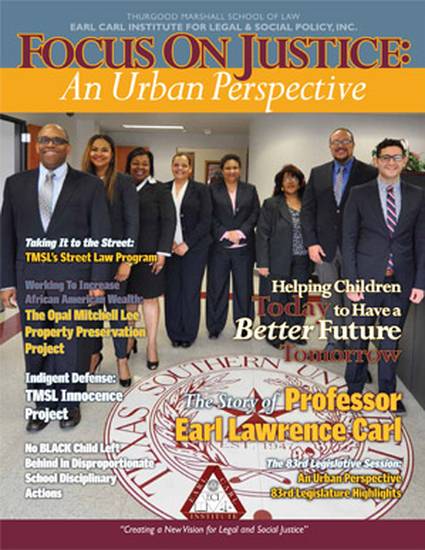
Abstract This paper clarifies the cumulative impact of the current national education policy on African-American children, which ultimately aims to limit local control of urban schools. The authors argue that urban schools in the United States are increasingly required to rely upon temporary teachers who are trained to implement a curriculum focused on standardized testing. The No Child Left Behind Act and the current Duncan administration’s approach to closing (and re-opening) schools combines to further exclude low-income community involvement in local schools. These efforts to control the development, hiring, and evaluation of local educators further expands educational racism that silences African-American students through biased notions of literacy and by the increased prioritization of math and science without regard to culturally responsive approaches. The paper ultimately argues that staying the course of current efforts will continue to negatively impact African-American communities, in particular through excluding African-American students from meaningful educational opportunities, while cultivating high dropout rates.
Available at: http://works.bepress.com/christopher_knaus/5/
